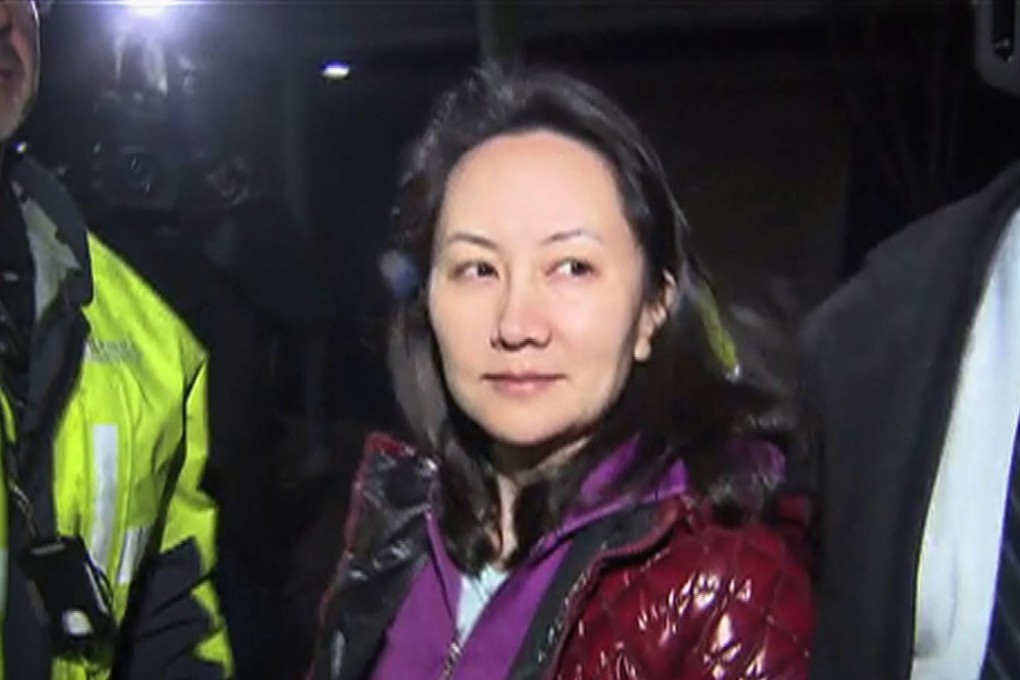China Briefing | Meng Wanzhou arrest: why does China focus on Canada when US is to blame?
- Beijing should learn from how Huawei has become a victim of politics – and do private businesses a favour by loosening the Communist Party’s ideological controls

In particular, it has stoked fear and anger among Chinese political and business elites who suspect the arrest was politically motivated and Meng was effectively used as leverage in the ongoing trade negotiations between the countries.
For many of them, the case sets a dangerous precedent. They are worried that they could be next to be affected by America’s infamous long-arm jurisdiction which, at a time of increasingly fraught relations between the countries, enables US authorities to use extraterritorial powers to ensnare foreign nationals suspected of violating its domestic laws.
Until her arrest, Meng may not have been well-known to the outside world, but in China she represents the crème de la crème of the country’s booming tech industry, the well-educated heir apparent to a vast tech empire. On top of that, Huawei has long been a source of national pride in China, not unlike how Apple is viewed in America. Hence some overseas media reports compared Meng’s arrest to China arresting the daughter of Steve Jobs had she helped run Apple.
Since then, US officials have argued that her arrest is a law enforcement issue, free from politics, but ensuing details have confirmed suspicion in China that the timing was more than coincidental. Senior US officials were informed of the decision to detain her before the Xi-Trump dinner and a warrant for her arrest was in fact issued more than three months ago, on August 22. US authorities chose to have her arrested on December 1 when she stopped in Vancouver en route to Mexico.
